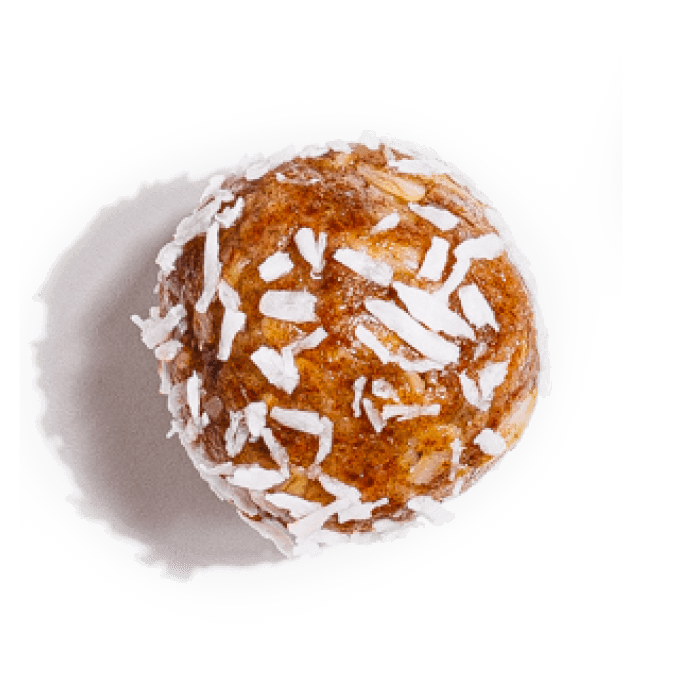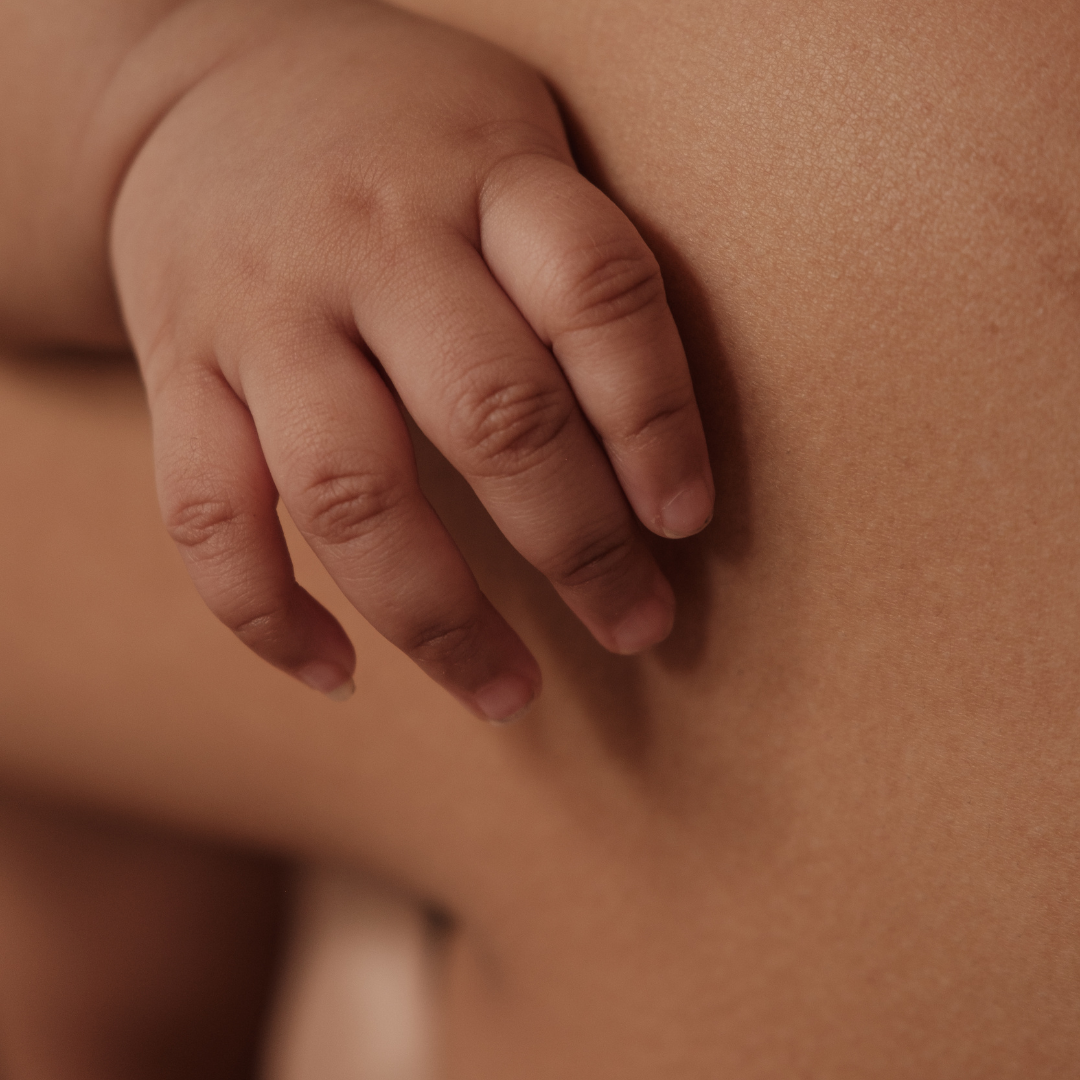By: Louise Gottsche
Becoming a mom is a life changing event. However, new mothers experience more fragmented, less efficient, and shorter sleep than before the birth of their baby.1 It is thus not surprising that many parents seek professional advice to help reduce infant crying as to alleviate their own sleep problems. In fact, sleep disturbances are the most common reason why parents seek medical assistance during the first year of their babies’ life.2 Read on to discover why sleep is important and how Nunona is helping set up babies for lifelong health.
Why sleep is important
Enough sleep and good quality of sleep is important for good health across the human lifespan. In children, inadequate sleep has been adversely associated with some health indicators such as body composition, emotional regulation, growth and brain function.3 Disturbed maternal sleep is associated with increased negative perceptions of their relationship with their child. Not getting enough sleep during the postpartum period may increase the risks of impairments in maternal emotional, physical, and metabolic well-being as it has been linked to depressive symptoms, higher adiposity (fat mass) and waist circumference and higher postpartum weight retention.1
Newborn sleep
Generally, newborns sleep 8 to 9 hours during the day and about another 8 hours at night. This seems like a lot, but they may not sleep more than 1 to 2 hours at a time. Some babies start to sleep through the night until they are about 3 months old. And then it is distressing for parents when their baby starts to wake up again. Waking up again often happens when babies are about 6 months old due to separation anxiety. It is a normal part of development as babies do not understand that being separated from their caregivers is short-term.4
How feeding affects baby sleep
Babies may struggle to sleep when they are ill.4 But the most common reason why babies, especially newborns, wake up during the night is for feeding. It doesn’t matter if babies are exclusively breastfed or formula fed or a combination hereof. Some people believe that formula feeding helps to keep babies fuller for longer, allowing them and their mothers to sleep longer. But a recent systematic review concluded that maternal night-time sleep duration was significantly more in breastfeeding mothers.1
There are several factors that may help breastfeeding mothers to get adequate sleep. Breastfeeding mothers are less likely to be exposed to ambient light or physical activity when compared to non-breastfeeding mothers who need to prepare formula. Light and physical activity can suppress melatonin and cause neurophysiological arousal.1
Nunona is here to help
To help you to catch up on much needed sleep, Nunona's pre+postnatal Mama Bites are conveniently packed so that you can eat them on-the-go or whilst breastfeeding. They are also packed with nutrients to nourish you and subsequently your baby as well.
Nevertheless, baby sleep patterns have been a challenge throughout the ages and that's why we like to use any insights we can get with tools and trackers to create a healthy sleep routine. The Smart Sleep Coach App is our favorite baby sleep coach app due to the easy sleep tracking and the additional support and guidance provided by sleep and medical experts.
References:
- Srimoragot M, Hershberger PE, Park C, Hernandez TL, Balserak BI. Infant feeding type and maternal sleep during the postpartum period: a systematic review and meta-analysis. J Sleep Res. 2022; e13625.
- Blunden SL, Thompson KR, Dawson D. Behavioural sleep patterns and night time crying in infants: Challenging the status quo. Sleep Med. Rev. 2010; 1-8.
- Dutil C, Walsh JJ, Featherstone RB, Gunnell KE, Tremblay MS, Gruber R, Weiss SK, Cote KA, Sampson M, Chaput J.Influence of sleep on developing brain functions and structures in children and adolescents: A systematic review. Sleep Med. Rev. 2018; 42:184e201.
- Stanford Medicine Children Health. Infant sleep. Online: https://www.stanfordchildrens.org/en/topic/default?id=infant-sleep-90-P02237. Accessed on: 12 November 2022.







